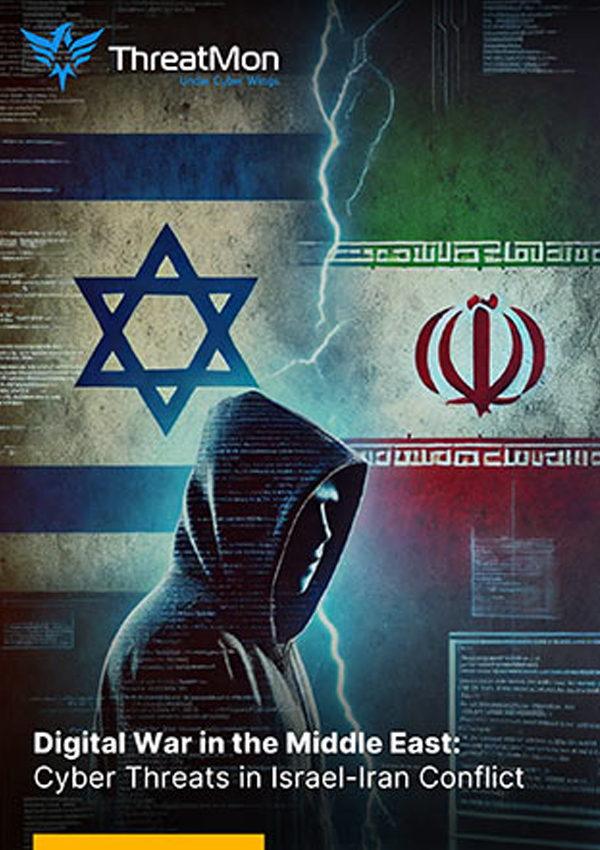
Digital War in the Middle East: Cyber Threats in Israel-Iran Conflict
In light of the subsequent escalation of tensions and attacks in cyberspace, there are also strategic advantages to dealing with cyberspace. By enabling messages to be transmitted in the context of strategic conflict between two states, it allows conflict to develop without drastic measures and will shape the rules of cyber warfare in the coming decade.
The cyber war between Israel and Iran, especially as it has evolved over the last two years, is an example of a strategic and technological learning competition in which both sides have something to gain but may pay a price.
In this report, we will shed light on the repercussions of the tension between the two countries in the cyber world by examining various attacks, various malware activities and various phishing campaigns by examining threat actors or groups.